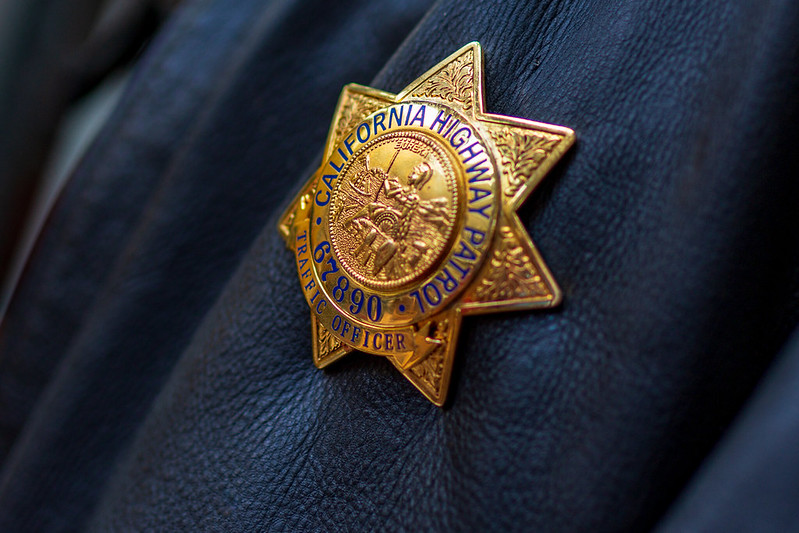
Americans have not always had full-time professional police departments to call on in times of trouble. In early days, cities and towns used a mix of volunteers, informal police officials called “constables,” and even some for-profit companies to watch streets and buildings and apprehend lawbreakers. None of these ways worked well.
The “volunteer” night watchmen of the late 1700s and early 1800s were often men being punished for minor crimes or who were evading service in the state militia. They were notorious for drinking or sleeping on the job. The constables (who had a variety of other duties, including notarizing documents) were overwhelmed by the task of keeping order. And the for-profit cops were about as effective as private security companies today: acceptable at watching after the property of customers, useless for anything else.
Boston created America’s first urban police department that was funded by taxes, in 1838. Other cities followed, including New York in 1845.
Why did cities take this step? Partly because London had shown the way in 1828 by creating a professional police department. And partly because of the rising danger of urban riots, as people were drawn to big cities by industrialization but did not always get along.
In the years since, police officers have been viewed as saviors and oppressors, reassuring and dangerous, “New York’s Finest” and its Serpico-era worst. Along the way, we’ve seen crime rates soar to new heights and fall to historic lows. Today, in the wake of police killings of African Americans, we’re in the middle of another debate over police practices and culture—and whether we need as many cops as we have.
It’s a valid debate. We have 650,000 full-time police officers, and they are expensive to maintain. The average police officer in Chicago costs the city about $150,000 a year in salary, benefits, and supervision, not including training and equipment. For that, a city could hire two mental-heath or homeless-outreach workers.
What almost nobody advocates, though, is a return to what we had before the 1830s, when volunteers, a few constables, and private companies were the only ones keeping order and investigating crimes. So if you’ve ever needed a police officer in an emergency—or could imagine needing one in the future—you can thank government for making her available, 24 hours a day, seven days a week.
More information:
https://plsonline.eku.edu/insidelook/history-policing-united-states-part-1
https://time.com/4779112/police-history-origins/
Give the credit to: local governments 90%, state governments 10%
Photo by Kevin Shakespeare licensed under Creative Commons.
Leave a Reply